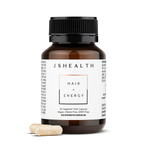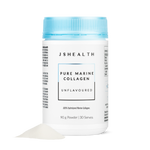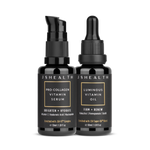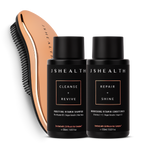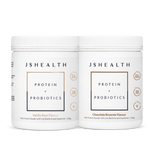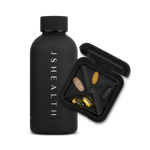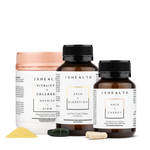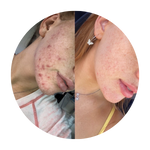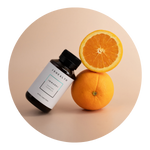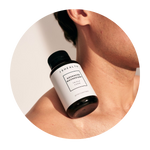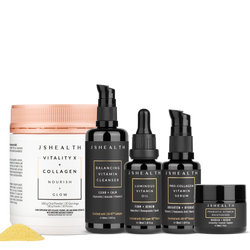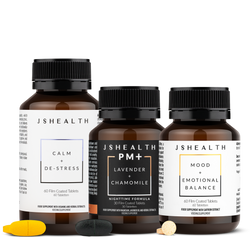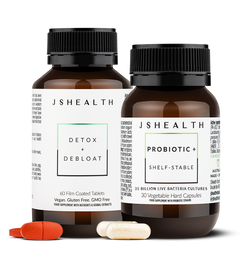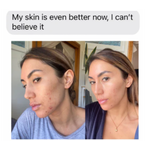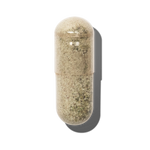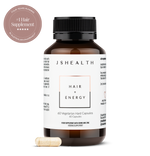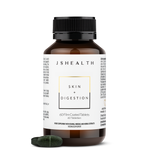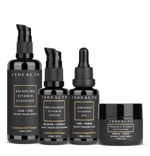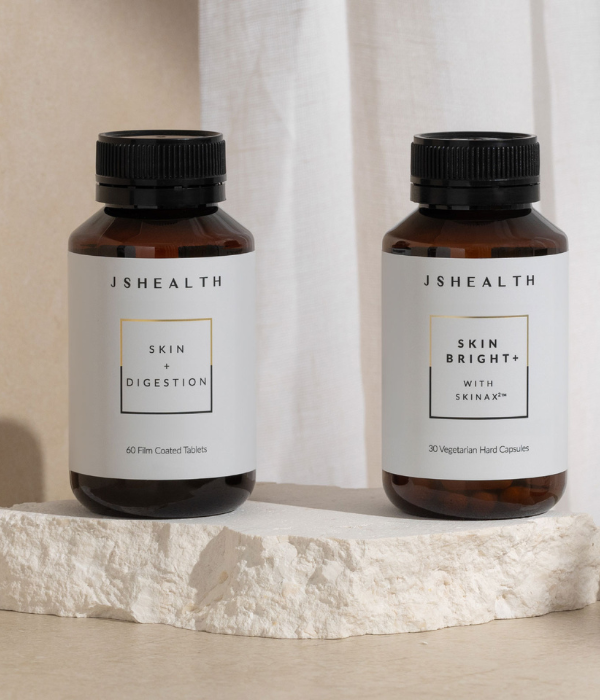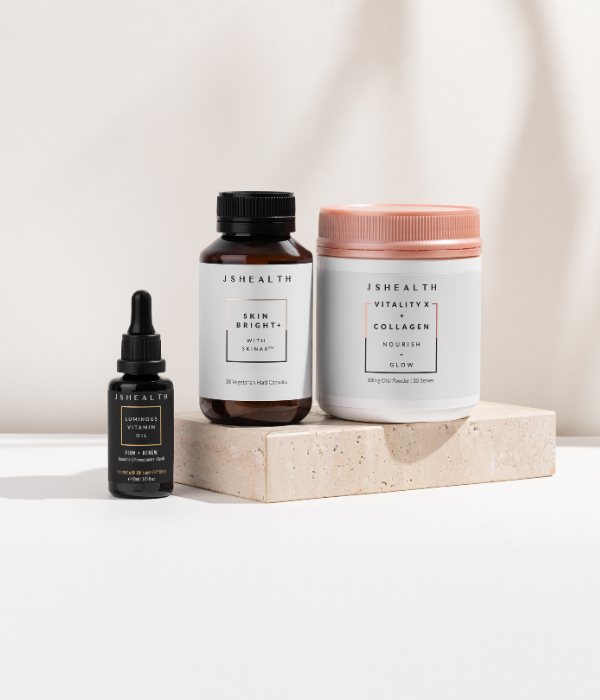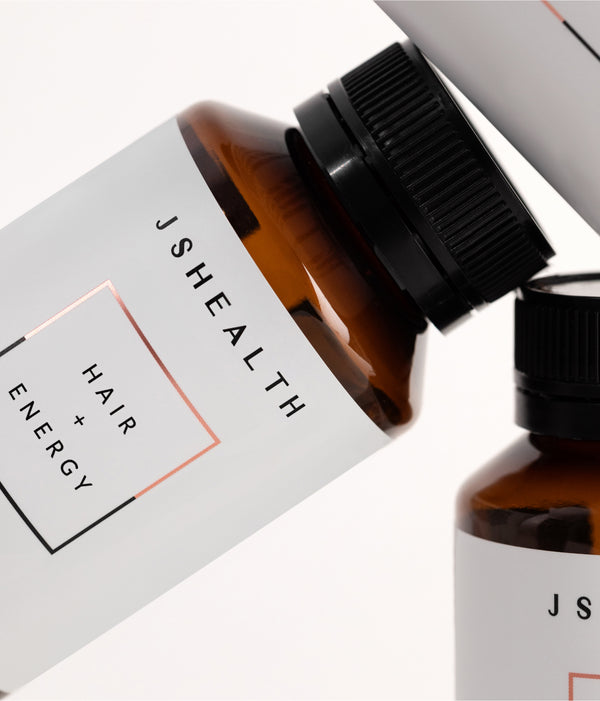5 Tips to Help Manage Eczema
Eczema is an inflammatory skin condition that generally appears early in life, and can come and go periodically. It is characterised by itchiness and redness. It can be incredibly frustrating, painful and often difficult to treat. The exact causes require further investigation but are likely to be multifactorial, consisting of a mix of genetic and environmental factors. Inflammation along with inflicted trauma from scratching can cause further damage to the function of the skin barrier in those with eczema.
Eczema is a common condition that can be managed with lifestyle practices. We’ve put together a list of 6 tips that may assist in supporting healthy skin.
Pop a Skin + Digestion tablet
The Skin + Digestion formula contains Vitamin C which contributes to normal collagen formation for the normal function of skin and contributes to the protection of cells from oxidative stress. Vitamin B2 (Riboflavin) contributes to the maintenance of normal skin. Zinc contributes to the maintenance of normal skin and to the protection of cells from oxidative stress. Burdock helps maintain healthy skin, contributes to blood purification and helps to support the digestion.
Load up on Omega-3 essential fatty acids
Omega-3 long chain polyunsaturated fatty acids are essential for human nutrition. The benefits of fish oil are mainly credited to omega-3 fatty acids, found in oily fish. A diet rich in omega-3 fatty acids may alter the development of immune system allergies. If there is an imbalance between omega-3 and omega-6 it can result in an increased production of inflammation and cause a shift towards an immune response. Omega-3 fatty acids can be found in salmon, mackerel, sardines, walnuts, eggs, chia seeds and flaxseeds.
You may also try our triple strength Fish Oil + formula, which supports symptoms of mild eczema and dermatitis, and maintains and supports normal skin health.
Enjoy quercetin-rich foods
Quercetin is a naturally occurring polyphenol that exerts antioxidant, anti-inflammatory, and antiallergic activity. Polyphenols are compounds found in fruits, vegetables, nuts, seeds, herbs and spices which also help to block activity of the cells that are responsible for releasing histamines during an allergic reaction. Quercetin helps to suppress allergic inflammation and stress. To load up on quercetin-rich foods, make sure to include plenty of dark green leafy veggies, red onion, apples, grapes, cherries and green tea in your daily balanced diet.
Support the skin barrier with our vitamin-infused skincare
Our 4-Step Vitamin Skincare System may help with improving the comfort and appearance of dry, red and itchy skin, such as is characteristic of eczema. This is because our entire range has been formulated to preserve and reinforce skin barrier, which is essential for healthy skin. Many skin conditions, such as eczema, can be related to a poorly functioning skin barrier. The skincare contains high levels of natural oils rich in polyunsaturated fatty acids, vitamins and antioxidants which all help to protect and repair the skin barrier.
Our signature JSH-V7™ Complex infused into the formulas contains Vitamin E, which is a fat soluble, essential nutrient that is useful for eczema and exerts antioxidant activity. The human body cannot produce this, so our skin relies on oral or topical use.
References:
- Gupta M, Mahajan V, Mehta K, Chauhan P. Zinc Therapy in Dermatology: A Review. Dermatology Research and Practice. 2014;2014:1-11.
- Weng Z, Zhang B, Asadi S, Sismanopoulos N, Butcher A, Fu X et al. Quercetin Is More Effective than Cromolyn in Blocking Human Mast Cell Cytokine Release and Inhibits Contact Dermatitis and Photosensitivity in Humans. PLoS ONE. 2012;7(3):e33805.
- Faghihi G, Jaffary F, Mokhtarian A, Hosseini S. Effects of oral vitamin E on treatment of atopic dermatitis: A randomized controlled trial. Journal of Research in Medical Sciences. 2015;20(11):1053.
- Tsoureli-Nikita E, Hercogova J, Lotti T, Menchini G. Evaluation of dietary intake of vitamin E in the treatment of atopic dermatitis: a study of the clinical course and evaluation of the immunoglobulin E serum levels. International Journal of Dermatology. 2002;41(3):146-150.
- Palmer D, Sullivan T, Gold M, Prescott S, Heddle R, Gibson R et al. Randomized controlled trial of fish oil supplementation in pregnancy on childhood allergies. Allergy. 2013;68(11):1370-1376.
As always, when it comes to skin conditions it’s important to work with a health professional or dermatologist to determine an appropriate treatment plan for you. With supplements, always read the label and follow the directions for use. If symptoms persist, talk to your health professional.
If you do suffer from eczema, avoid applying skincare on broken skin directly and always do a patch test first to ensure full compatibility before using on a larger area.
